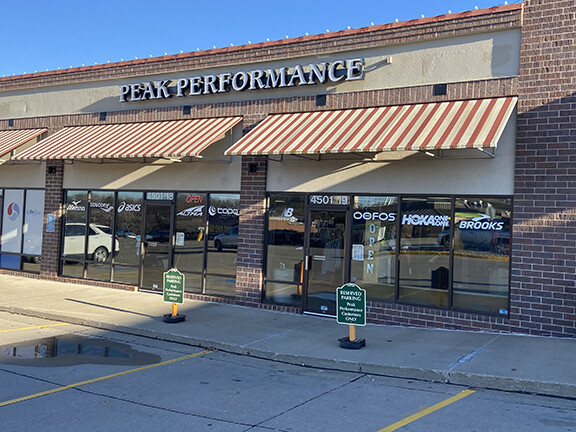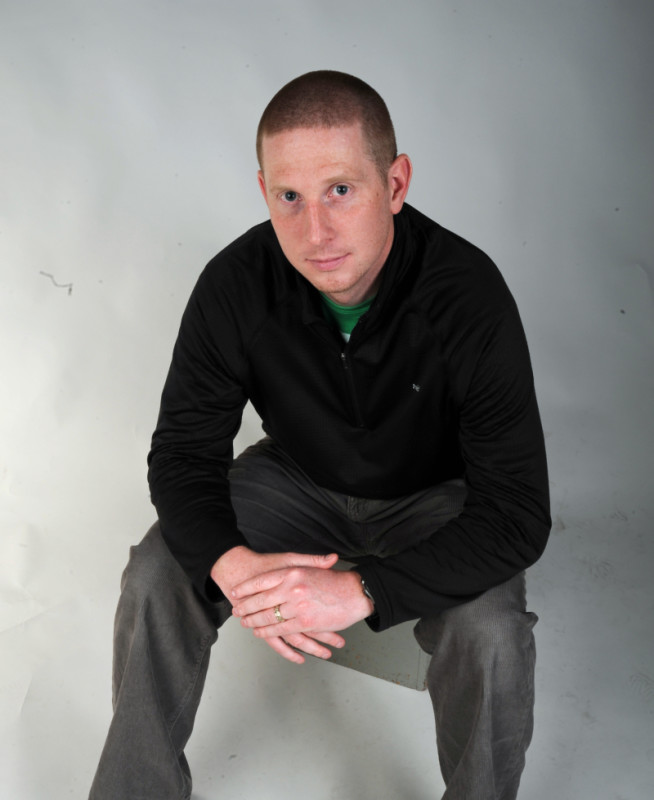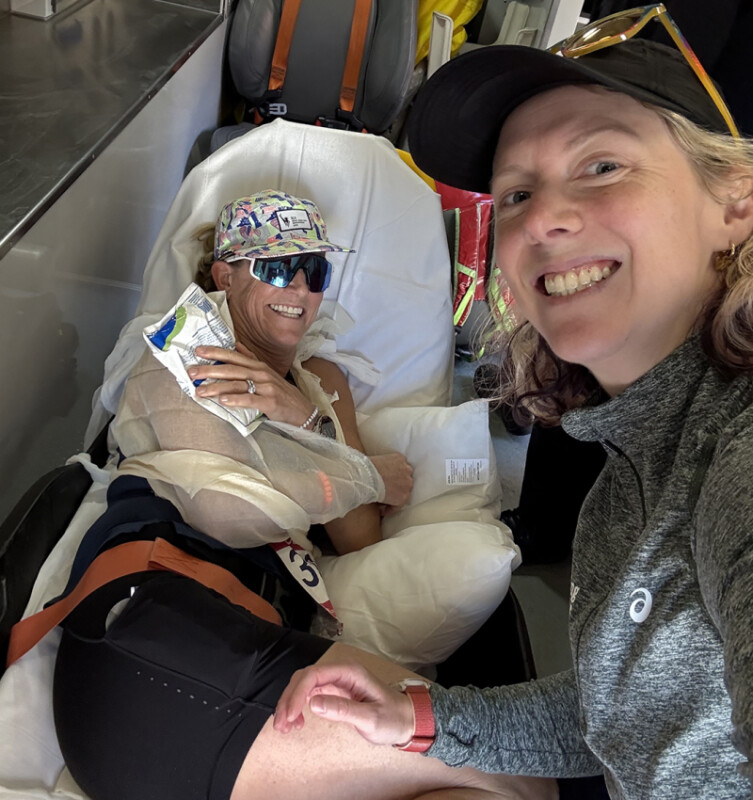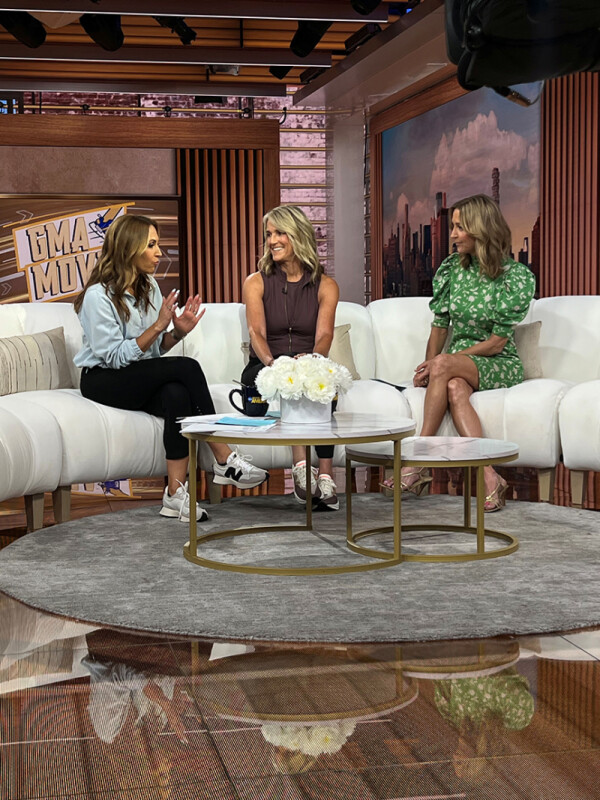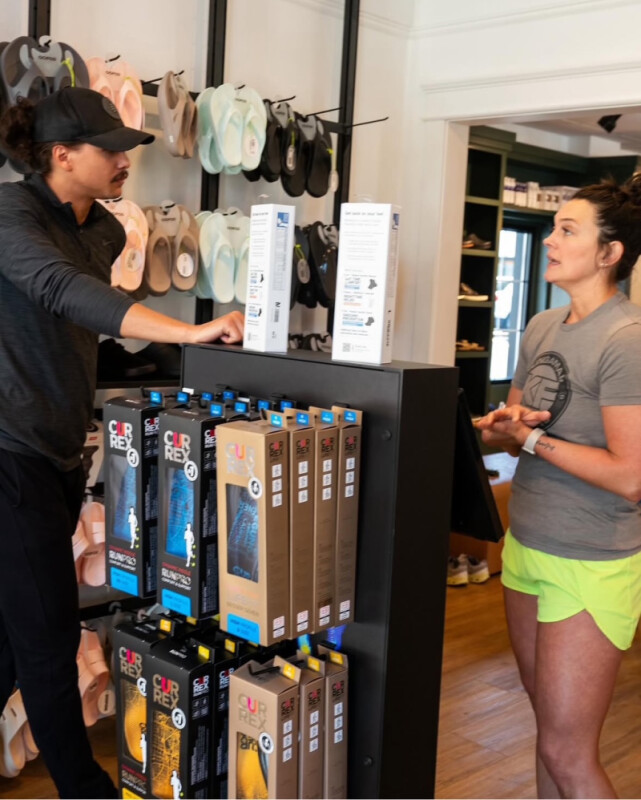Gander inside the windows of Peak Performance Fitness Gear in Sioux City, IA, and it’s immediately clear this isn’t your typical run specialty shop.
While the 3400-square-foot storefront features run specialty retail’s traditional ingredients – a lively shoe wall displaying performance running footwear from major brands, fitting stools, energy gels and moisture-wicking socks among them – numerous large pieces of cardio equipment also blanket the showroom floor.
Peddling running shoes alongside treadmills, stationary bikes, ellipticals and rowers was a calculated decision by Jim Ewoldt 28 years ago and remains a staple of his business today.
Back in 1996, you see, Ewoldt wasn’t convinced a run specialty store alone would fly in Sioux City, an 80,000-resident town on the western edge of the Hawkeye State. So, Ewoldt, a former collegiate track and field athlete who had previously worked for a retailer who sold running gear alongside fitness equipment and soccer goods, leaned into his knowledge of fitness equipment and decided he, too, would sell fitness equipment in his new Sioux City shop.
And it’s a good thing he did.
“The equipment took off right away,” says Ewoldt, who partnered with his brother, Mike, to open Peak Performance in July 1996.
Today, fitness equipment represents about 25 percent of revenue at Peak Performance, though the category has accounted for as much as 40 percent of sales at times. Not surprisingly, for instance, sales of fitness equipment surged amid COVID shutdowns in 2020, resulting in a record-breaking year for Peak Performance. The following year, however, proved even more fruitful.
“The numbers are hard to argue with,” Ewoldt says.
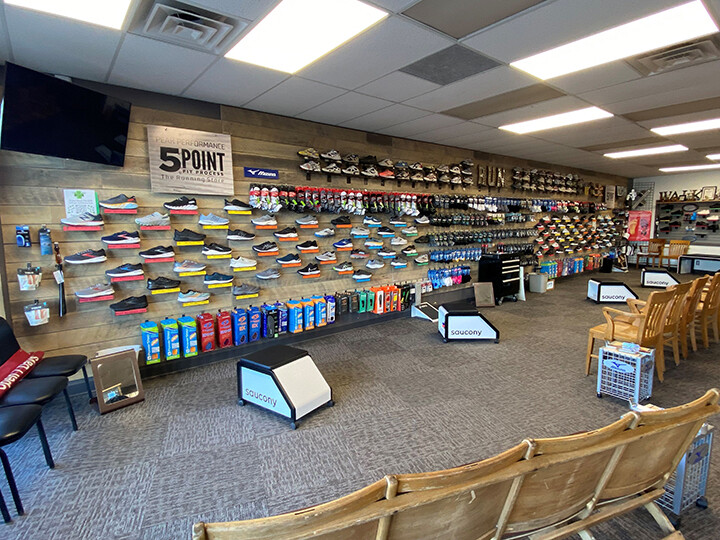
Finding success with fitness equipment
To be certain, stocking and selling fitness equipment has its challenges.
First, carrying fitness equipment demands an investment of money and space. Ewoldt says one treadmill box commands the same amount of backroom space as about 40 shoe boxes. That reality demands Ewoldt rent an off-site storage space to hold excess inventory.
Second, fitness equipment brings additional staffing and training challenges. Delivery and installation, which Peak Performance provides on equipment sales, is typically a two-man job. Ewoldt, meanwhile, is the service technician on his shop’s fitness equipment as well, often departing the store to make house calls to tackle repairs or warranty issues.
“Fortunately, there’s not much I can’t fix within an hour,” he says.
As for Ewoldt’s staff, they not only need to learn running footwear, apparel and accessories – a mighty task in its own right – but also an entirely different product category with its own terminology and value proposition. They need to be able to discuss anything in the store – from the $2500 treadmill to the carbon-plated trainer to the electrolyte drink – with a mix of knowledge and positive energy.
“If you don’t know the product and talk about it with enthusiasm, it’s tough to sell shoes and it’s tough to sell treadmills,” says Ewoldt, who regularly reminds his staff that customers “buy you before they buy any product.”
And Ewoldt himself must be a discerning buyer attuned to the needs of his customers and the market at large. Once upon a time, for example, Ewoldt carried weight machines, dumbbells and plates. Today, he sticks solely to cardio equipment, which most resonates with his clientele, and maintains a high bar for the products he stocks.
“If I wouldn’t own it myself, then it won’t be in my store,” Ewoldt says.
The market, he continues, is saturated with low-end fitness equipment and Ewoldt has consistently prioritized selling strong, reputable product lines while still offering a diverse assortment. At present, he has eight treadmills in his showroom. Some are straightforward, get-on-and-go models; others include more modern bells and whistles.

Why Peak Performance sells fitness equipment
While acknowledging the challenges of carrying fitness equipment, Ewoldt is now in his 28th year selling the products at Peak Performance – and for good reason, he says.
The revenue potential alone is difficult to ignore and he happily fills his showroom with the top-line boosting, high-margin items. His current in-stock fitness equipment ranges in price from $1200-4000. Gross margins, meanwhile, run 45-50 percent. When he sold two treadmills totaling $4900 on January 3, he sent a lot of cash to his top – and bottom – line.
“It takes a lot of shoes sales to get that same revenue,” says Ewoldt, who also scores commercial sales to venues like apartment complexes and hotels as well.
Stocking fitness equipment also helps Ewoldt avoid the seasonal slowdowns that befall many run specialty stores. The majority of Peak Performance’s equipment sales happen November-April when western Iowa’s harsh winters push people indoors and traffic at running stores decelerates.
“March and April are our Christmas season on the equipment side,” Ewoldt says.
And, of course, there’s the complementary nature of selling “exercise” more broadly and products that enhance, if not enable, the other. Peak Performance staff regularly weave a discussion of treadmills into the sit-and-fit experience and promote treadmills as a great ally for people looking to fulfill their fitness goals amid harsh weather or other constraints.
At Peak Performance, customers can test a treadmill firsthand and with their running shoes to boot. Ewoldt recalls one recent customer taking various footwear models for a spin on one of the treadmills and immediately noting the difference between the model at Peak and his home treadmill.
“The seed was planted and if he’s going to buy a treadmill, I like the chances of him coming to us,” Ewoldt says. “Over the years, we’ve seen many of our footwear customers buy a treadmill.”
For Ewoldt, it’s not necessarily a surprising outcome. Peak Performance has developed trust on the footwear side and built loyalty there, which makes selling fitness equipment that much easier. Even a service call, Ewoldt says, is another opportunity to be in front of the customer and strengthen that relationship.
“You build equity with customers and have more to offer them,” he says.
But for any other running store interesting in following his lead and selling fitness equipment, Ewoldt offers this battle-tested advice.
“Just like footwear, you need a passion for it,” he says. “If not, the treadmills,
